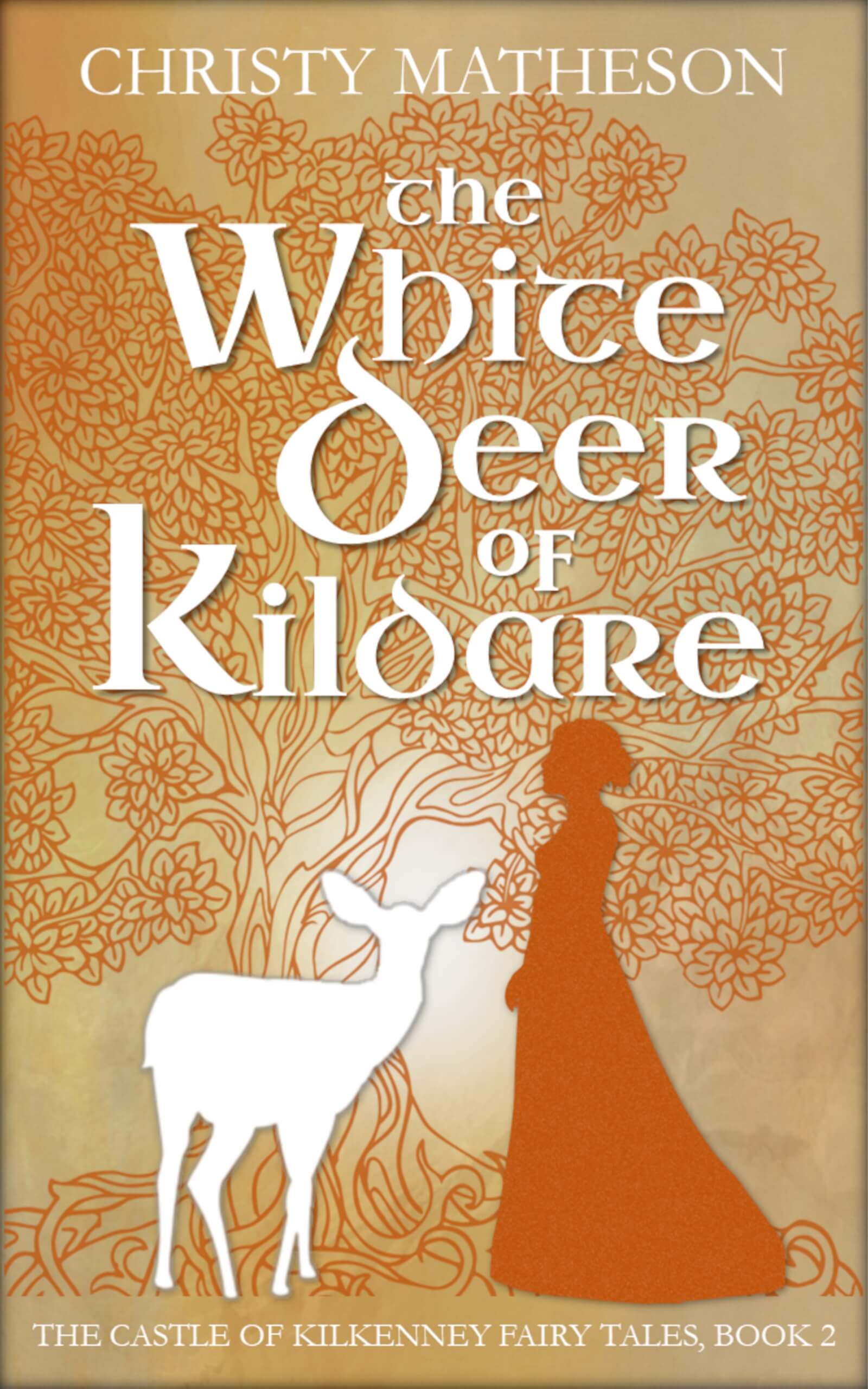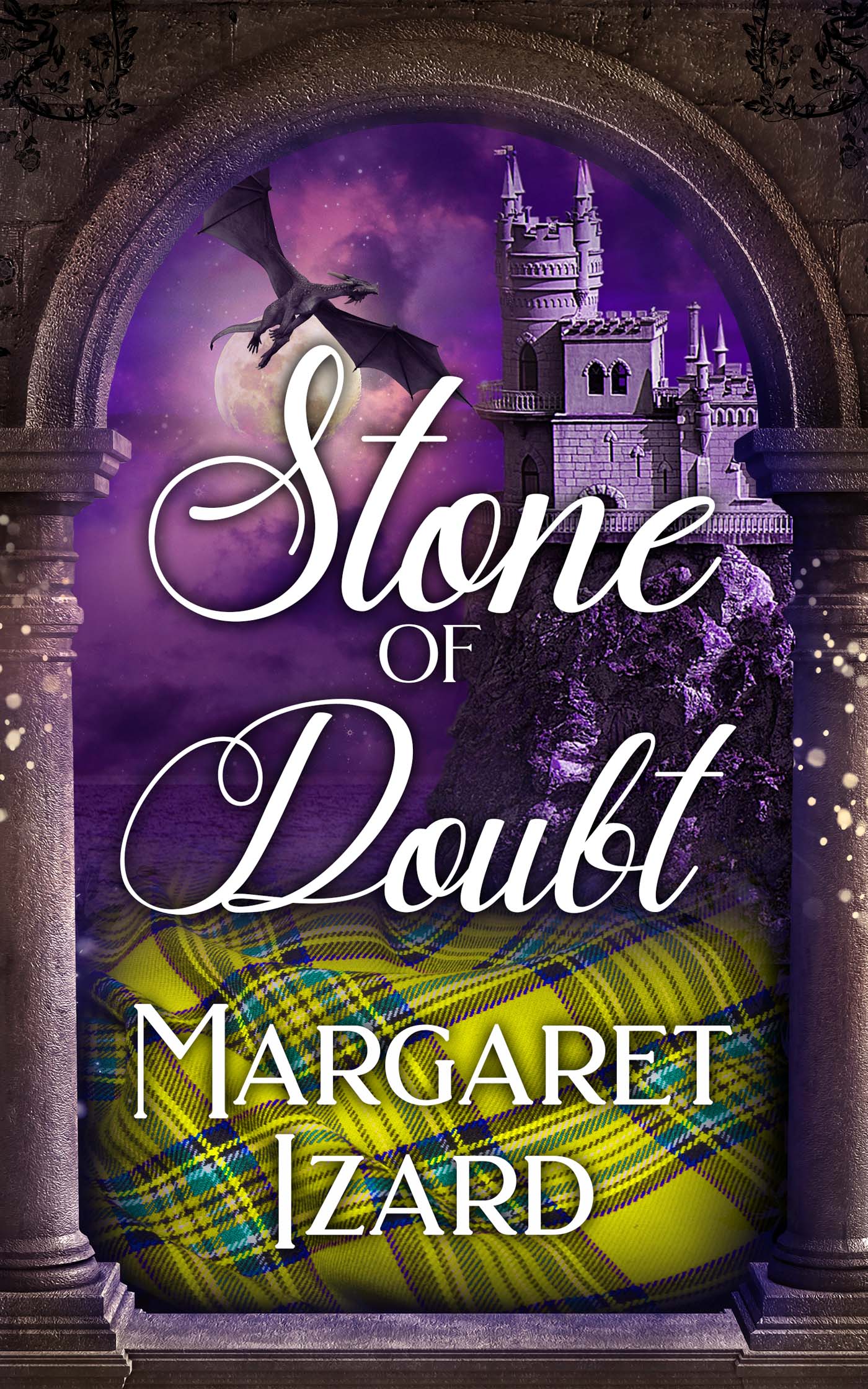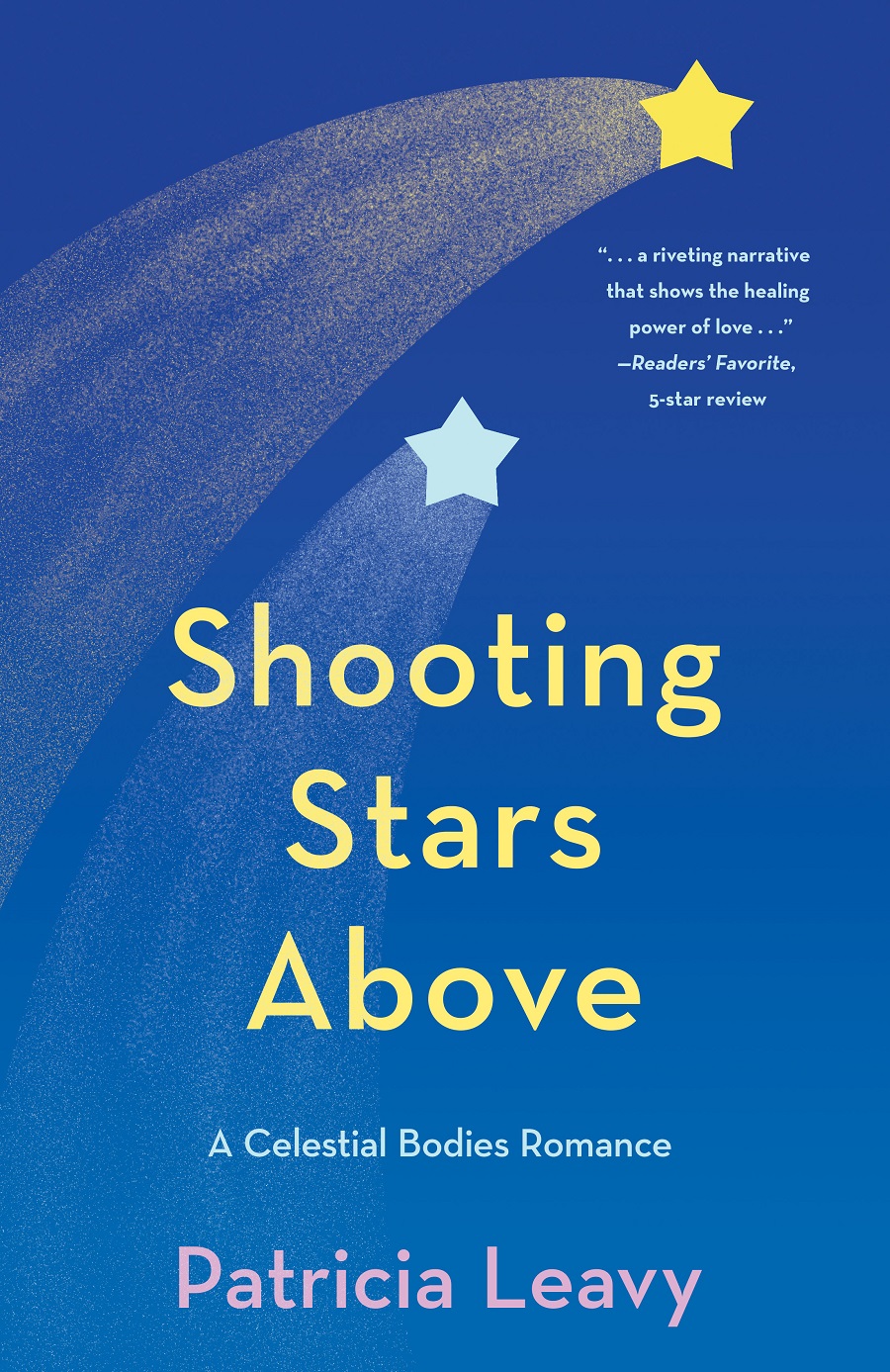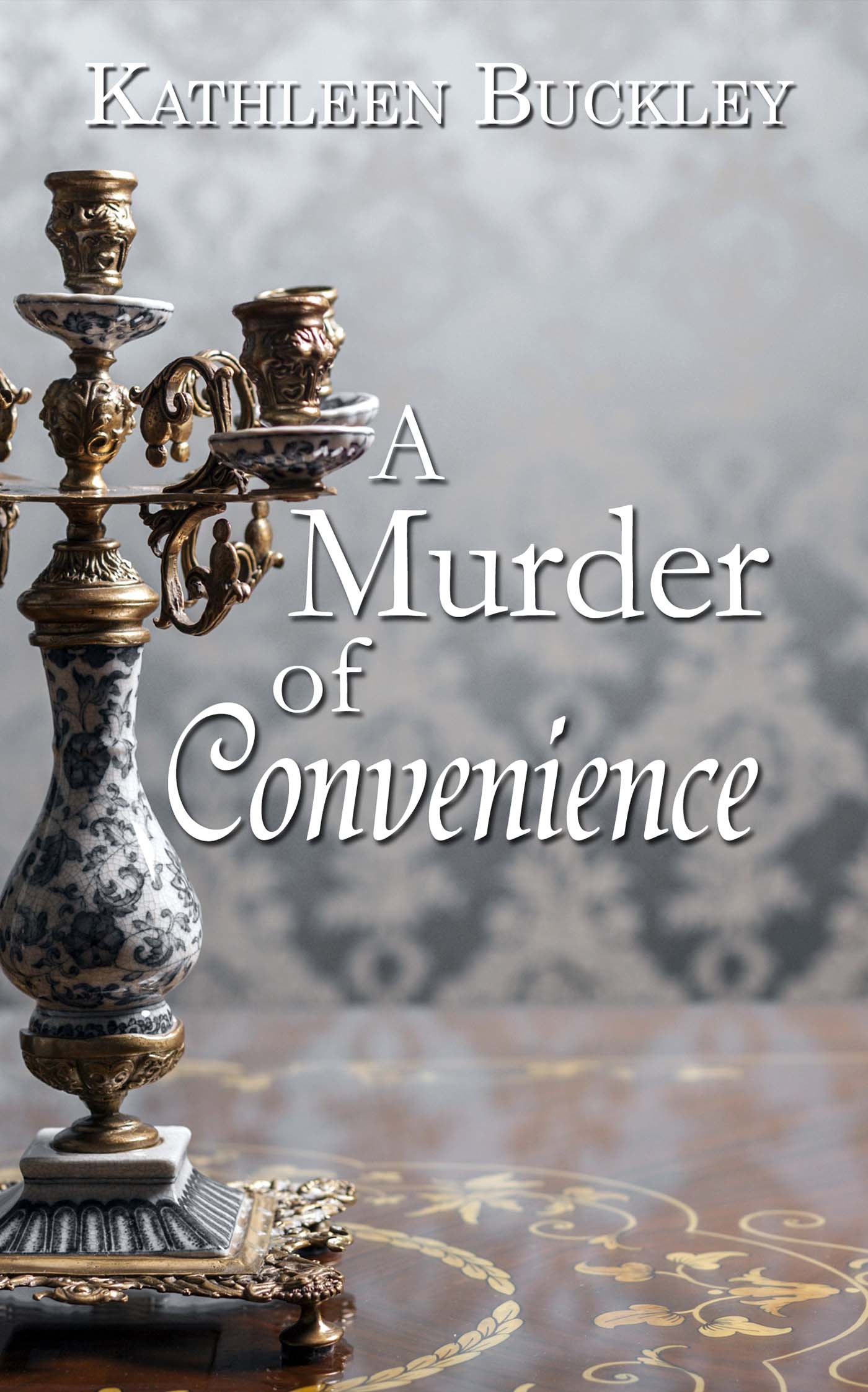This post is part of a virtual book tour organized by Goddess Fish Promotions. William A. Glass will award a $25 Amazon/BN gift card to a randomly drawn winner via Rafflecopter. Click on the tour banner to see the other stops on the tour.
I mainly read non-fiction. Always have. Biographies, diaries, narrative histories, and sometimes even historical source material. That’s one of my secrets. I write fiction but read non-fiction.
So, it stands to reason that my favorite fiction genre to write is related to history. My first two novels, As Good As Can Be and Off Broadway: A Marriage Drama, are historical fiction. The new one, Crossing Day, is Alternative History, a sub-genre of speculative fiction.
One secret to writing historical fiction is research. It’s essential to be accurate right down to the tiniest details. Getting historical facts wrong is jarring for readers who have followed your story back into a far-gone time. For example, if it’s 1973 in your narrative and some characters go to see the movie “Chinatown”, readers who know film history would realize it hadn’t been released yet. Now, all the work you’ve done to write a plausible story is wasted. Your credibility as an author is shot.
Historical accuracy is important even if you intentionally change history, as happens when writing alternative history. It’s a sub-genre of speculative fiction, so one might think real history is not involved. In fact, alternative history almost always depends on actual history up to a point. Crossing Day is set in 2024, and the characters live in the Confederacy. That’s because they are in Huntsville, Alabama, 160 years after the South gained independence in the Civil War. In the novel it slowly comes out how this happened. To make it plausible, true historical facts, including the names of real Civil War generals, are included. To learn more, you’ll have to read the book!
It’s been one hundred and sixty years since the Confederacy won its independence at the Battle of Altamaha Crossing. Slaves of African descent still perform most of the work in the South. This seems normal to Ryan Walters and his friends who attend high school in Huntsville, Alabama. Like teens everywhere, they enjoy sharing videos, playing sports, and hanging out with friends. Jaybird’s drive-in is their favorite gathering place. There, they befriend Mish, a slave girl who works as a car hop. When the drive-in’s owner sells Mish to a dirty old man, Ryan and his friends awaken to the injustice around them. Despite the danger, they decide to help Mish escape. Will they succeed?
Enjoy an Excerpt
The referee blows her whistle and points to the Joseph Johnston High School goal. It’s a foul, just outside the penalty area. Hastily, several defenders form a wall. Liam Larsen, the goalkeeper, shouts directions.
“Block that kick, block that kick,” the Johnston cheerleaders yell.
Melanie Montgomery, wearing her purple and gold cheerleader outfit, catches the eye of one of the boys on the squad. He nods as she runs toward him and then leaps, placing her foot into his waiting hands. Melanie’s world dissolves into a swirl of color. She comes to earth with a thud.
“Nice landing,” the boy says.
“Thanks.” Melanie glances at the scoreboard and sees that despite their efforts, another goal has been added to the visitor’s tally. “I hate these German schools,” she pouts.
“Yeah, they act like they invented the game,” one of the other cheerleaders exclaims.
There’s no injury time added in high school soccer, so the match comes to a screeching halt when the clock winds down and the buzzer goes off. Most players line up to shake hands, but three of the Germans laugh and walk off. Their coach gives a Hitler salute to the Johnston stands. A chorus of boos greets his gesture.
“Everyone on the line,” Sam Gorman, the Johnston soccer coach, shouts. He crosses his arms and glares at his players threateningly until the whole team is on the touchline. “All right, Ryan,” he says to the team captain, “cool down.”
About the Author  Bill is a retired business executive who now lives in a small southern town with his wife, Bettina. She’s a retired high school German teacher. Bill coaches soccer at a small college. Often, Bettina, who has a commercial driver’s license, pilots the soccer team bus to away games.
Bill is a retired business executive who now lives in a small southern town with his wife, Bettina. She’s a retired high school German teacher. Bill coaches soccer at a small college. Often, Bettina, who has a commercial driver’s license, pilots the soccer team bus to away games.
Bettina and Bill have three sons, Alex, Robert, and Gordon who have all graduated from college and moved away to pursue careers. Instead of having an empty nest, Bettina and Bill now host three rescue dogs. They enjoy finding promising hiking trails to explore with their dogs.
Buy the book at Amazon.
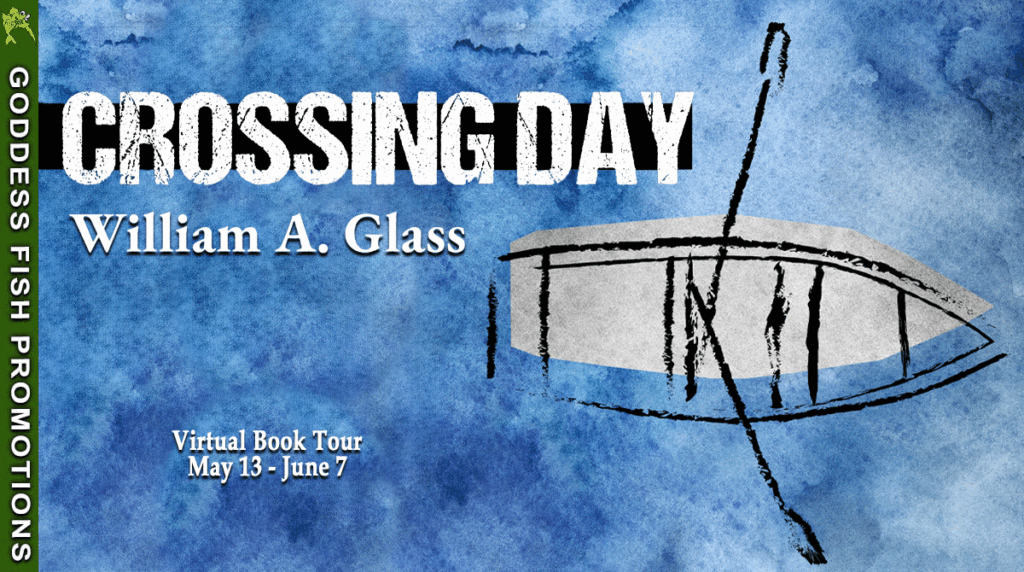
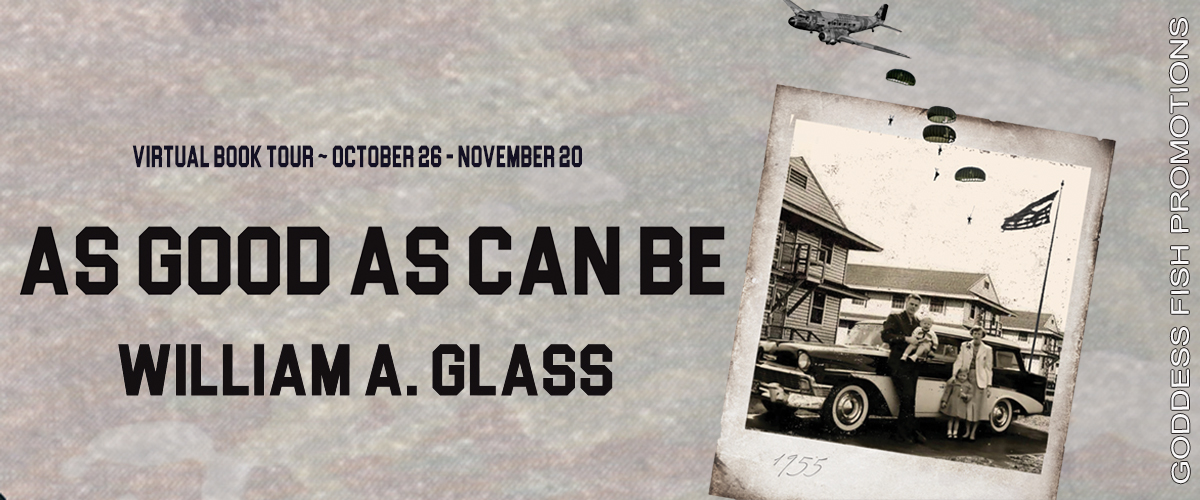
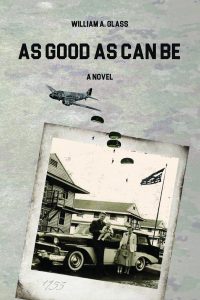 Dave Knight is a wayward child growing up in a military family during the 1950s. His older sister wants to kill him but settles for regularly beating him up. Other siblings join in the mayhem while their alcoholic father contributes to the chaos with his unique approach to parenting.
Dave Knight is a wayward child growing up in a military family during the 1950s. His older sister wants to kill him but settles for regularly beating him up. Other siblings join in the mayhem while their alcoholic father contributes to the chaos with his unique approach to parenting. Bill is a retired business executive now living in South Carolina with his wife, Bettina. She teaches high school German while Bill coaches soccer at a small college. Their three sons, Alex, Robert, and Gordon, have all graduated from college and moved away to pursue careers.
Bill is a retired business executive now living in South Carolina with his wife, Bettina. She teaches high school German while Bill coaches soccer at a small college. Their three sons, Alex, Robert, and Gordon, have all graduated from college and moved away to pursue careers. 




